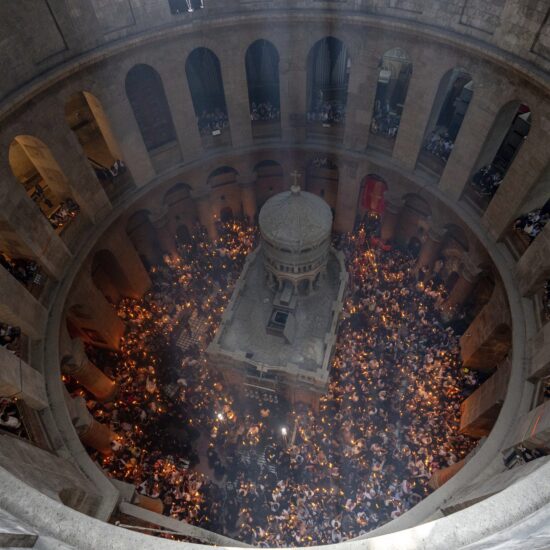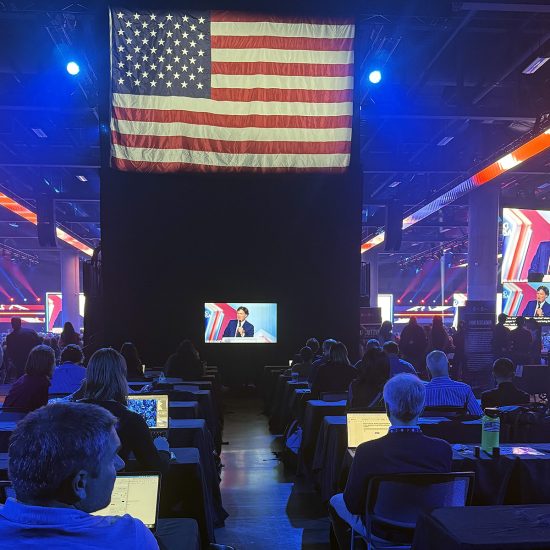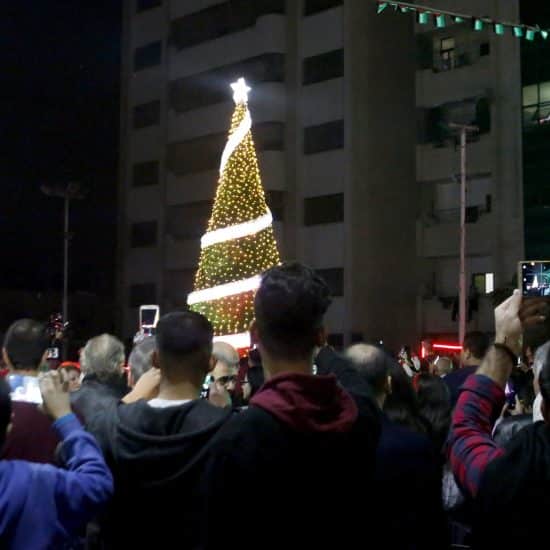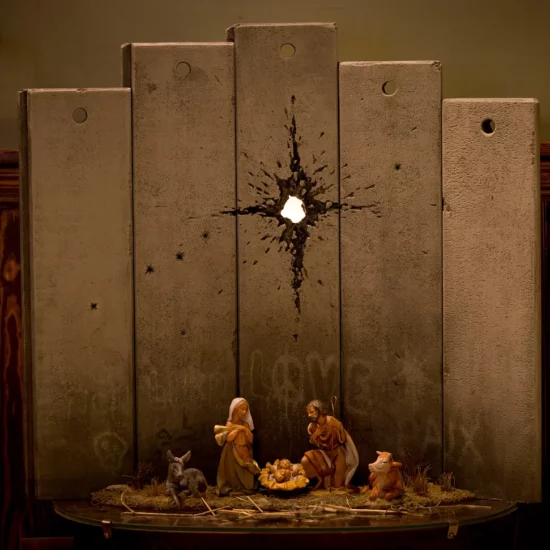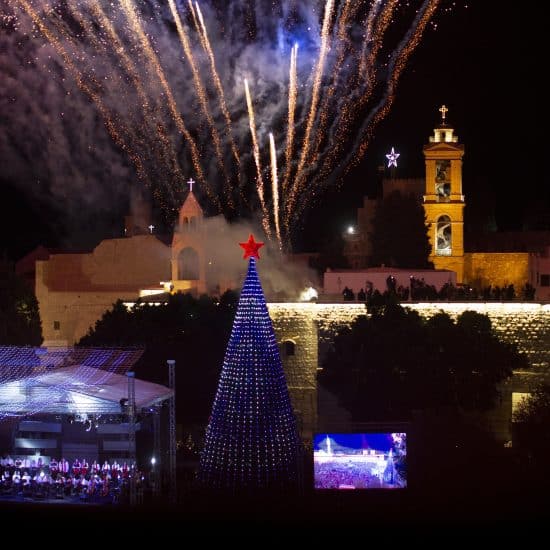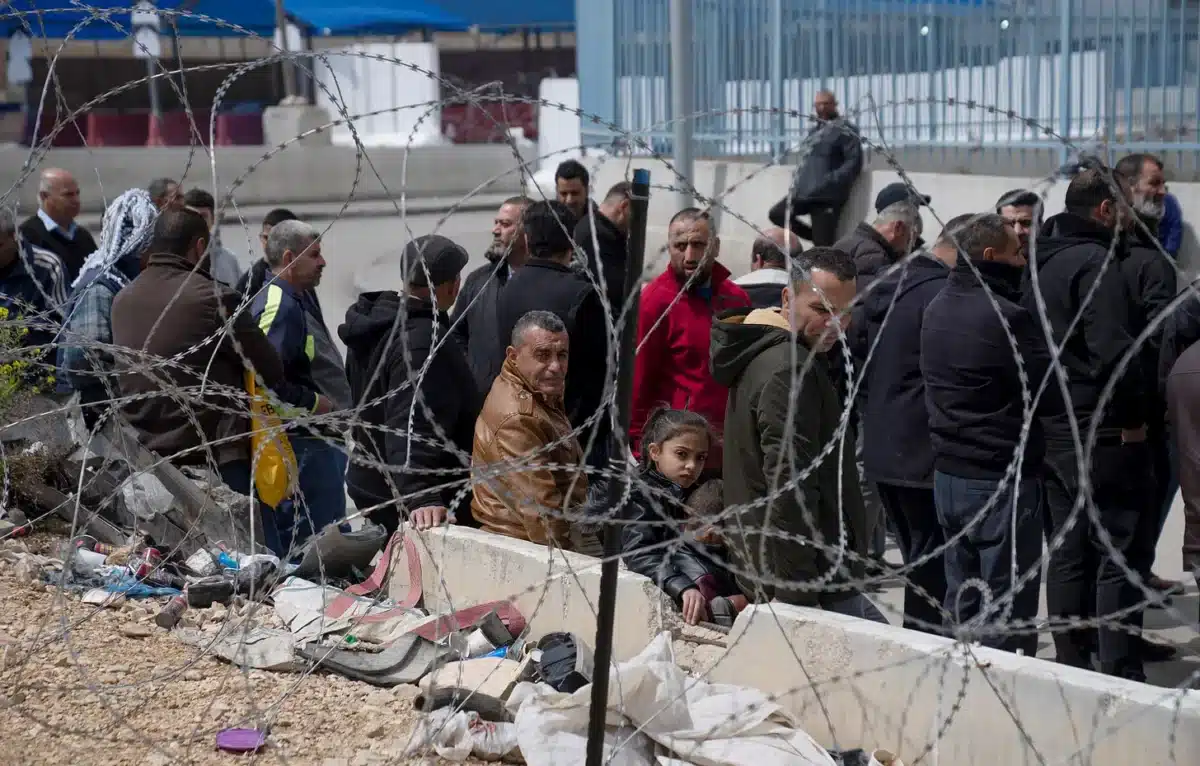
Every Black South African who visits Israel/Palestine and spends a few days with Palestinians comes away with a profound sense of shock and trauma. It is the shock of recognizing, so far away from home, what has made home such a terrifying and tragic place for so long. It is recognizing apartheid.
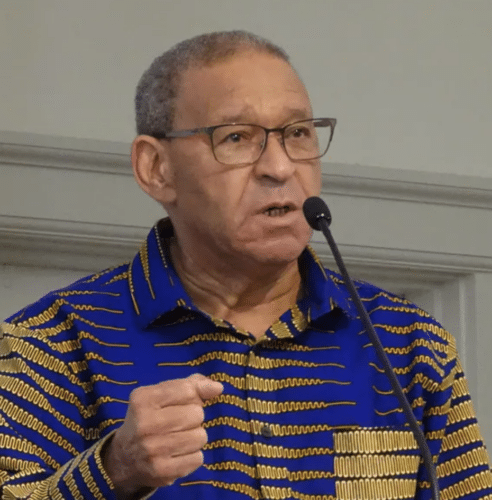
Allan Boesak
The sense that something accidental, like the color of your skin or “racial” identity, has condemned you from birth. It is the never-ending onslaught on your dignity through systemic dehumanization and a thousand humiliations every single day. The sense that your life is being threatened in myriad ways at every turn; the reminder that however much your life might be precious in the sight of God, here, in this place, your place that they have made their place, your life does not matter.
It is not just the shattering scale of the theft of your land executed with brute force and legitimized by their laws and their courts. It is not just the despair when one knows that there is nowhere to go; a corrupt justice system executing unjust laws, selective justice, and guaranteeing impunity to the oppressor cannot offer you the bare minimum of protection, let alone a modicum of justice.
The first sense of shock is almost immediately followed by another. In many ways, Israeli apartheid is much worse than South African apartheid. We have had spatial apartheid, physical separation to the extreme. But completely separate roads, for Jews only? It is in the recognition of the violence, the mind-boggling intensity of it, the overwhelming presence of it — physical, structural, systemic, psychological, pervasive, and permanent.
In my more than 40 years of activism in the streets of protest, I have seen violence. Massacres every week somewhere. With Archbishop Tutu, I have preached at the funeral service of 27 persons, some of them children, massacred in one single day. Even so, South African apartheid violence does not come close to what Israeli apartheid is inflicting on Palestinians day after day. The targeted killings and assassinations are the same (though the snipers are unique to Israel), but we have not seen violence at the level of a full-scale war as in Gaza, not once, but thrice, or as in Jenin just in the last few weeks. This and the brazen, open theft of land, the continued building of settlements, the chutzpah of settlers to try to drive the remaining Palestinians from the few homes left.
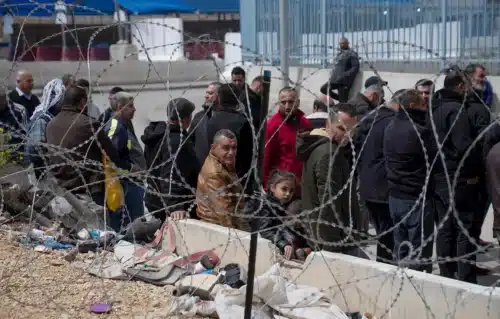
Palestinians wait behind a barbed wire fence as they seek to be allowed to cross from the West Bank into Jerusalem for a religious service on March 31, 2023. (Nasser Nasser/Associated Press)
But there’s one other thing that makes Israeli apartheid worse, and the old apartheid vanguard in South Africa go green with envy: the impunity with which this is all done, and the unwavering support from the Western world, no matter how heinous the crime. After the Sharpeville Massacre, and especially the killing of the children in the Soweto uprisings, the world awakened to its conscience and things began to change. This change, at first mostly driven by the churches, spread to colleges and universities, and especially in the United States, the focus shifted. From solidarity with White South Africa to the understanding of justice for Black South Africans. For the first time perhaps, many South Africans could begin to believe the words of our own Rev. James Calata, spoken in 1938: “The handle that turns the wheels of the universe is in the hands of God; a new world is coming.” Palestinians never had that.
Until now. I now detect a new understanding of the justness of the Palestinian cause for freedom, justice, and dignity in the United States. It began with the students on the campuses, and now, more and more, the churches are waking up. God be praised!
During the 80s whenever I spoke about the South African anti-apartheid struggle, I reminded my audience of my belief that, because of what is at stake, the struggle against apartheid is the litmus test of our political integrity and the authenticity of our Christian witness. The same is true for the struggle of the Palestinians. Many experienced that as a challenge, and even as a moment of truth for them. A kairos moment. Our apartheid was brought to an end, and it would not have happened so quickly if we did not have that international solidarity. Our struggles are not yet over, but our people could breathe more easily.
Is this at last such a moment for the Church in the U.S. regarding the Palestinian struggle for rights, justice, dignity, and land? For breathing space in the land of their ancestry and their birth? I pray that it is. And if it is so, there will be great jubilation, not just in the hearts of Black South Africans and Palestinians, but in the heart of the God who is all in all justice. And if it is true that the joy of the Lord is our strength, we, together with Palestinians, will have the strength to cross the finish line.
Allan Boesak is a theologian, anti-apartheid activist, and author of Comfort and Protest: The Apocalypse of John from a South African Perspective. You can hear more of his thoughts on our Dangerous Dogma podcast.


